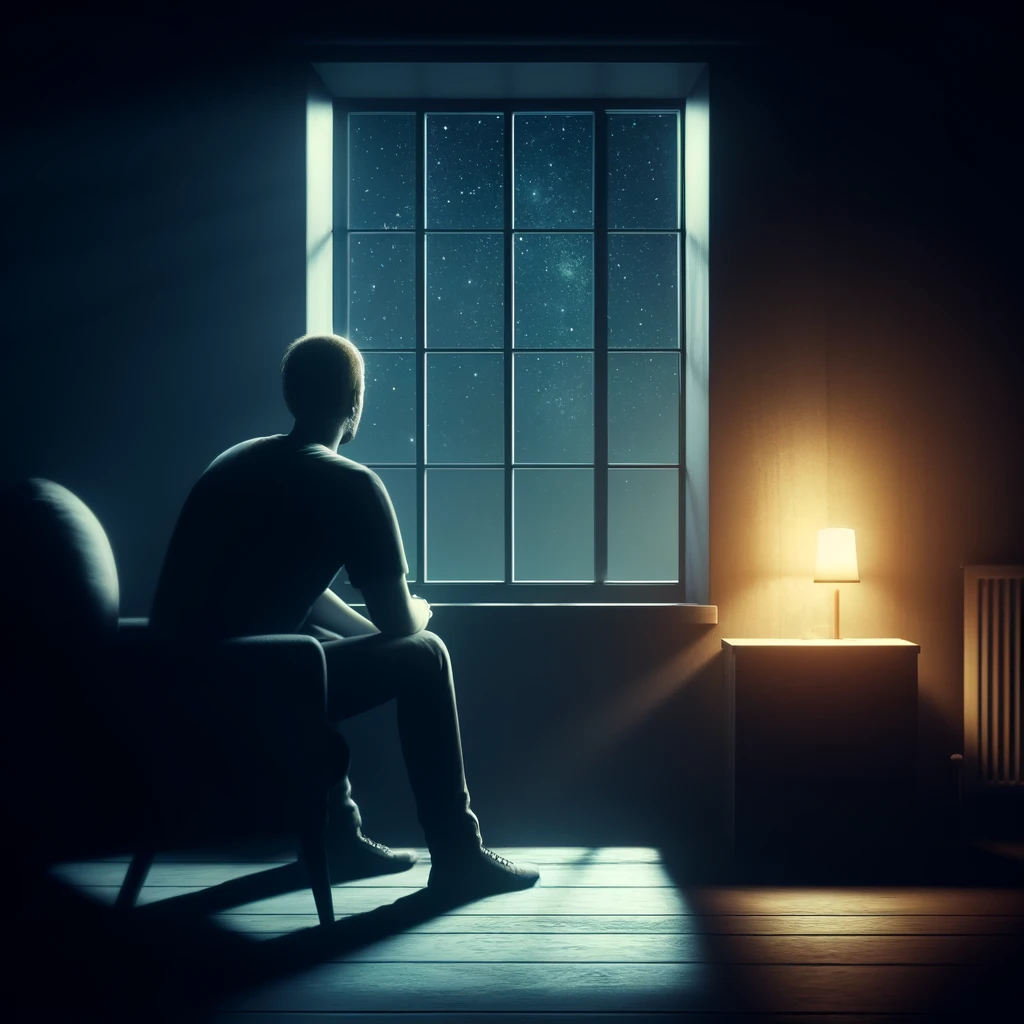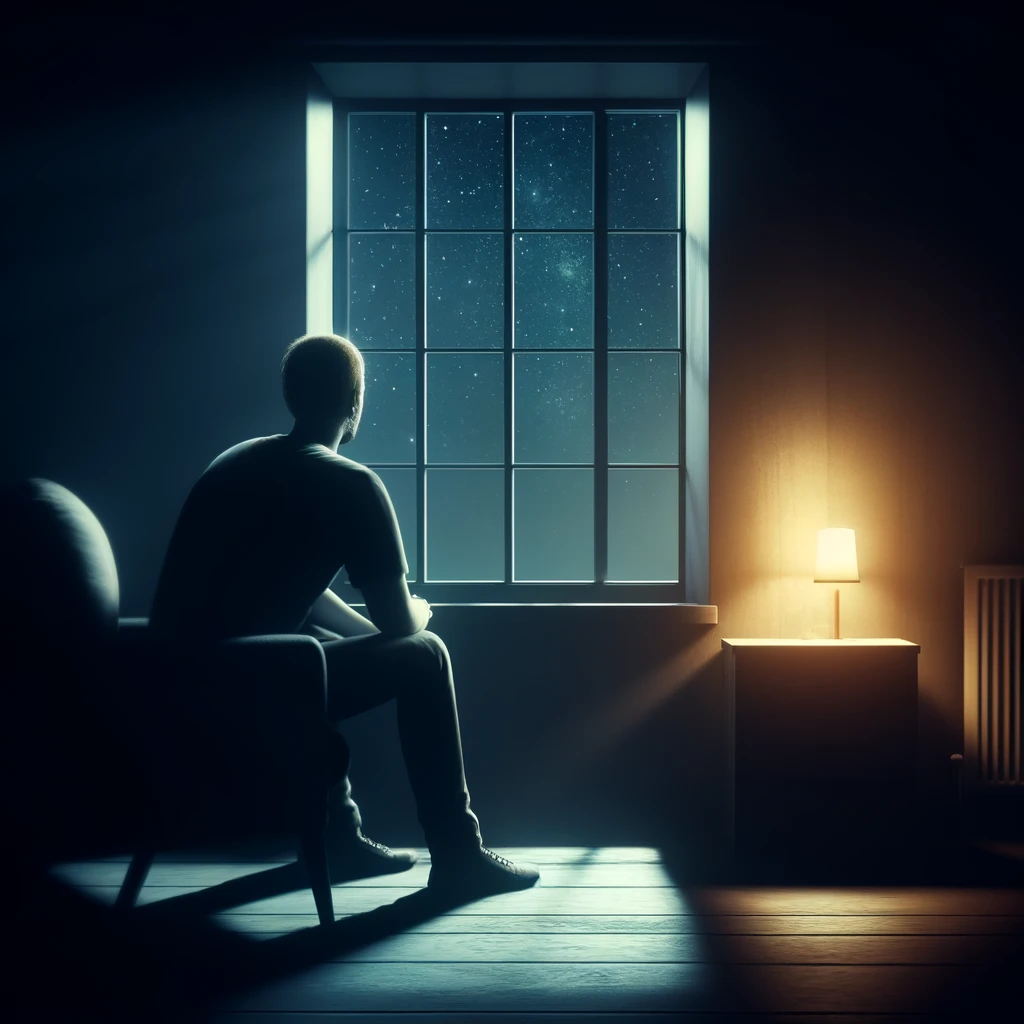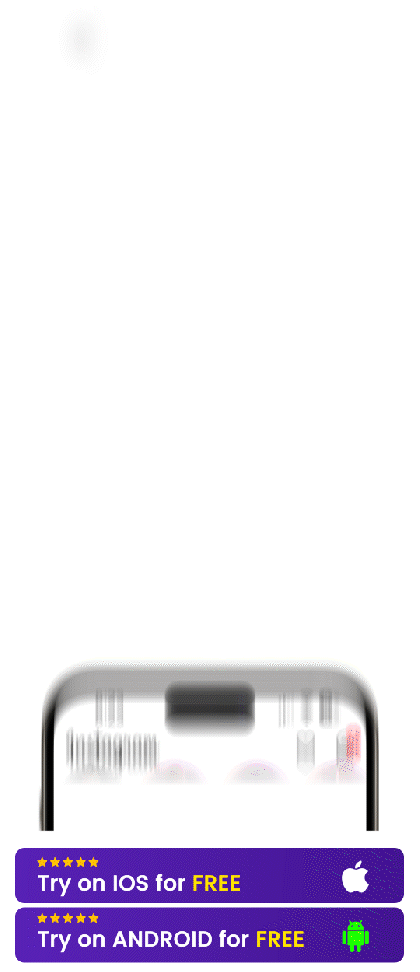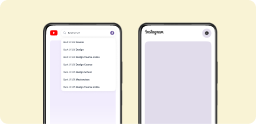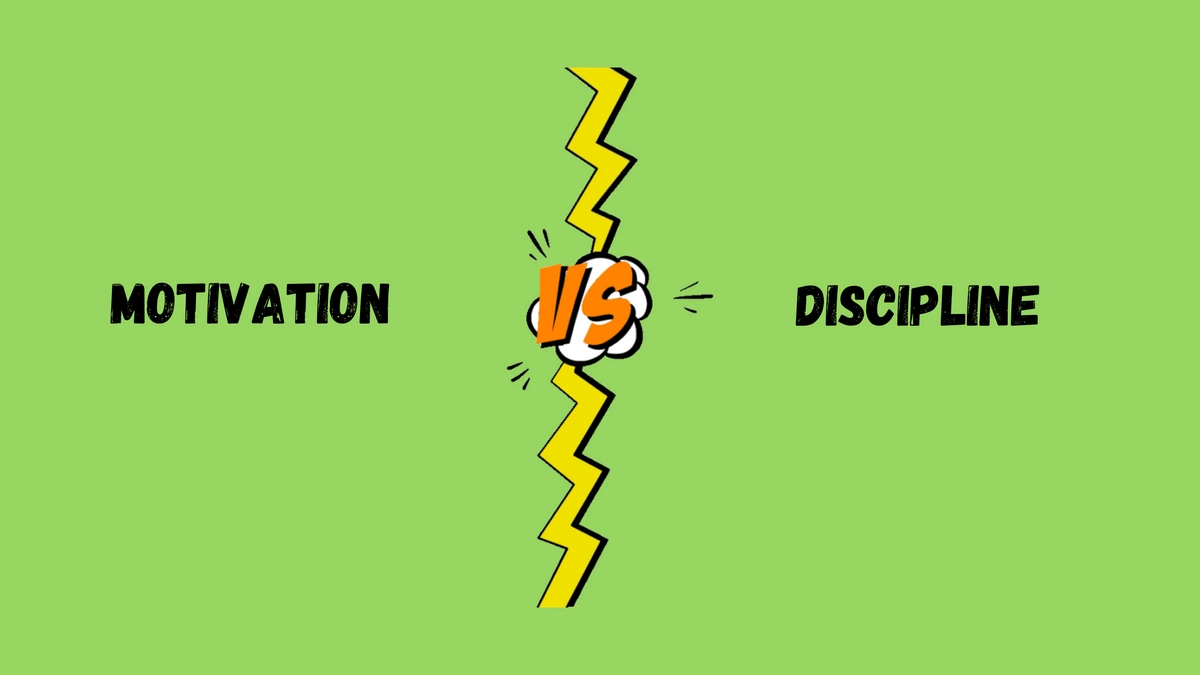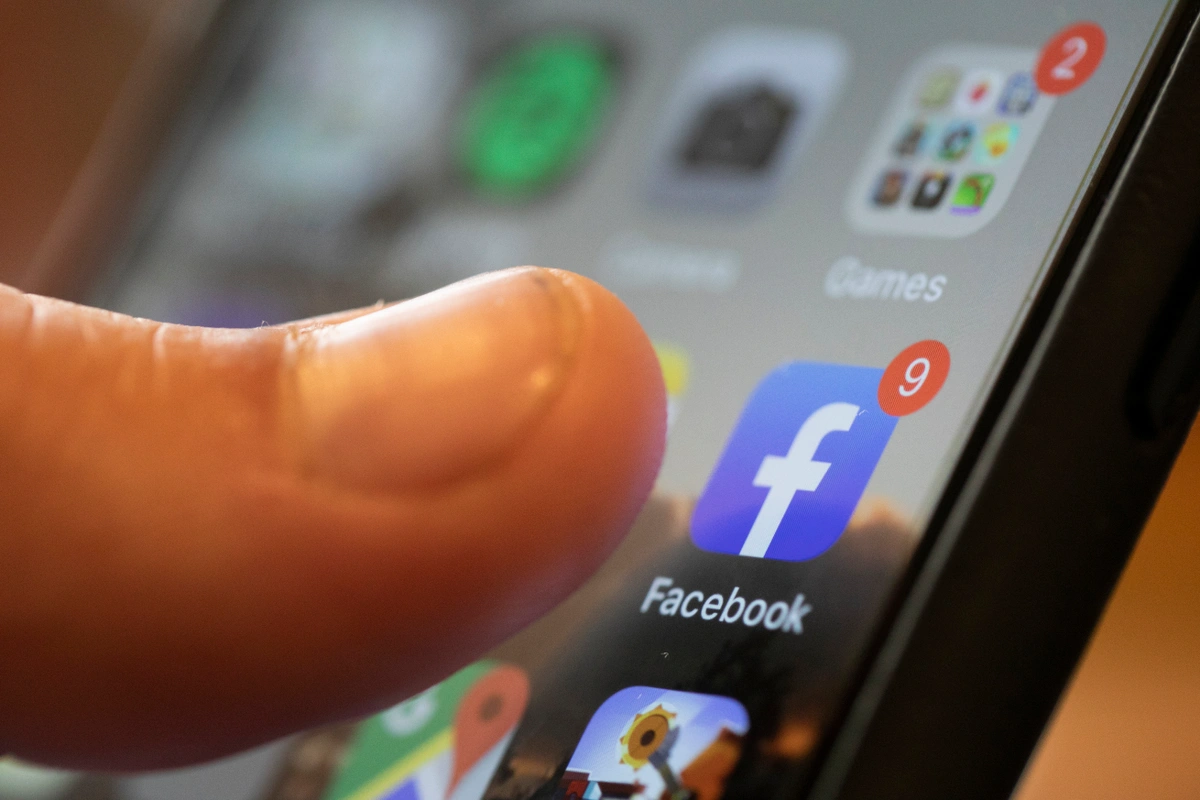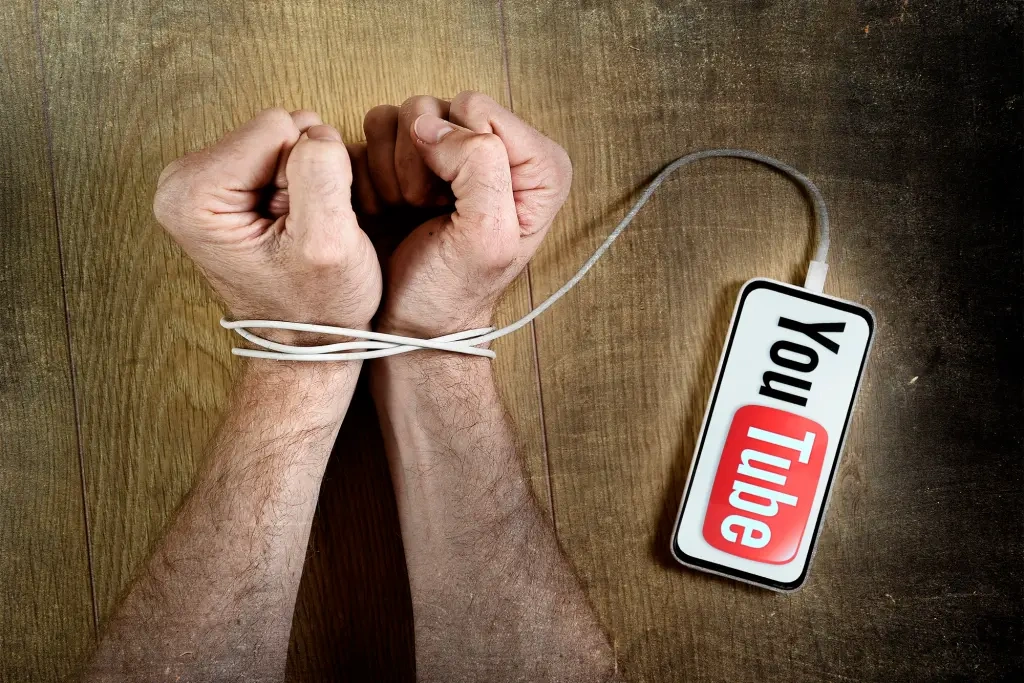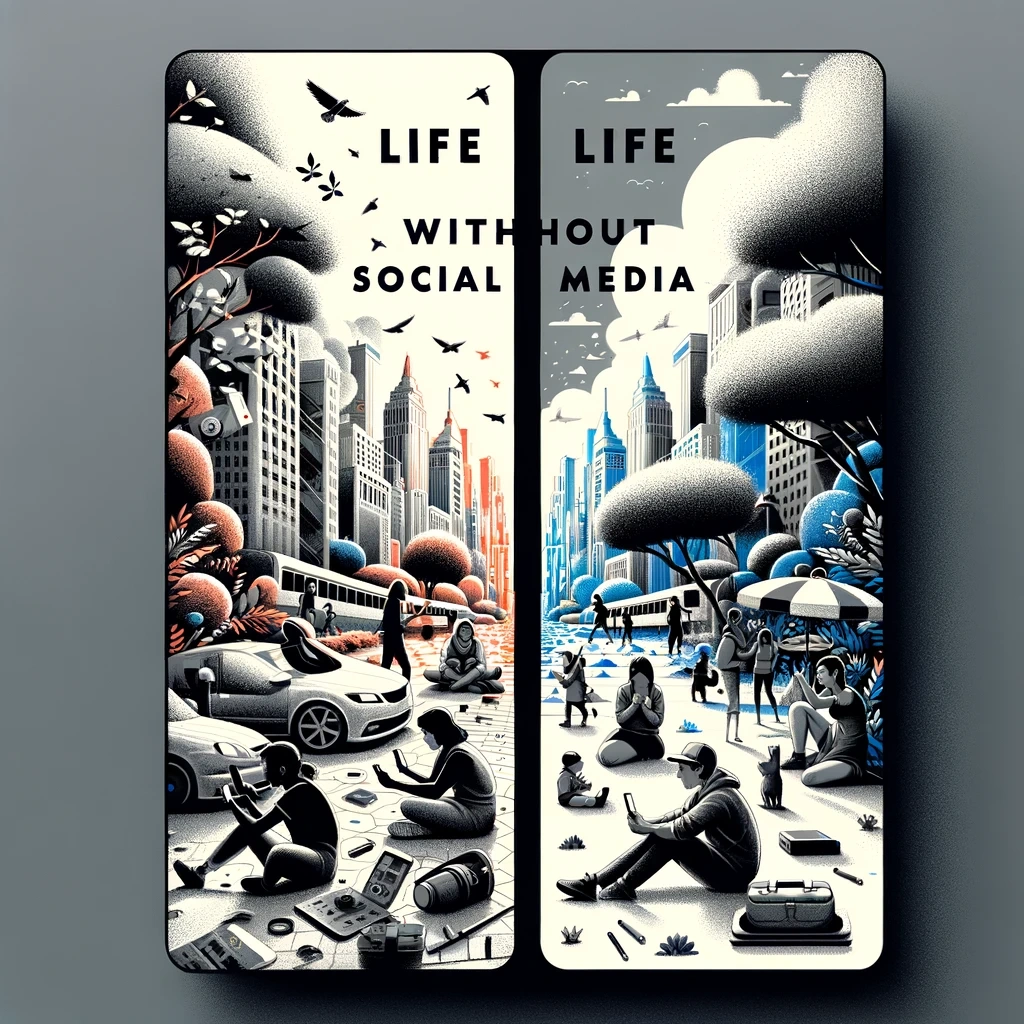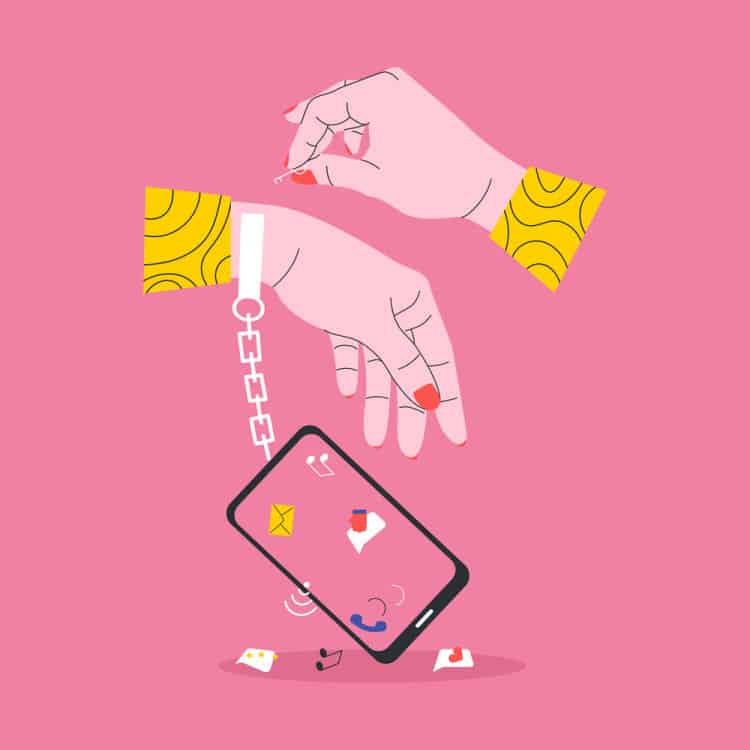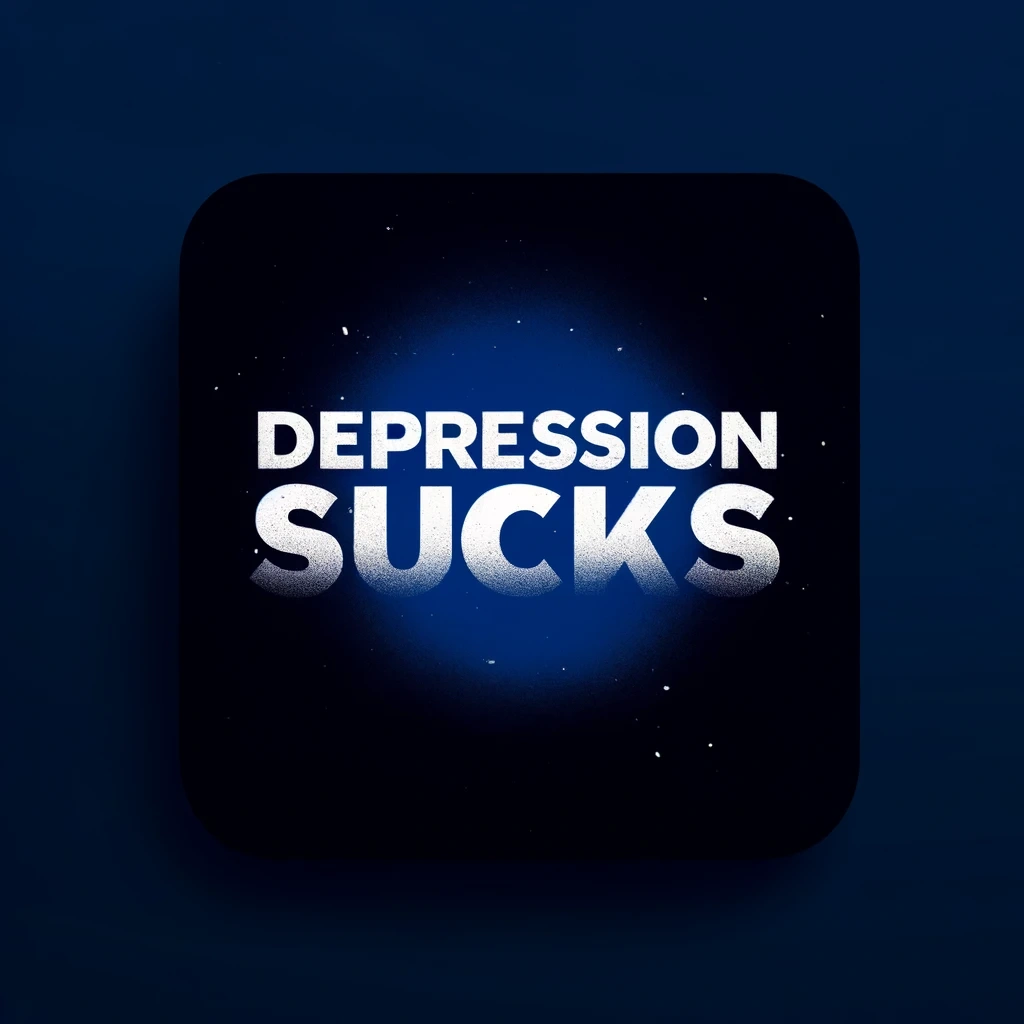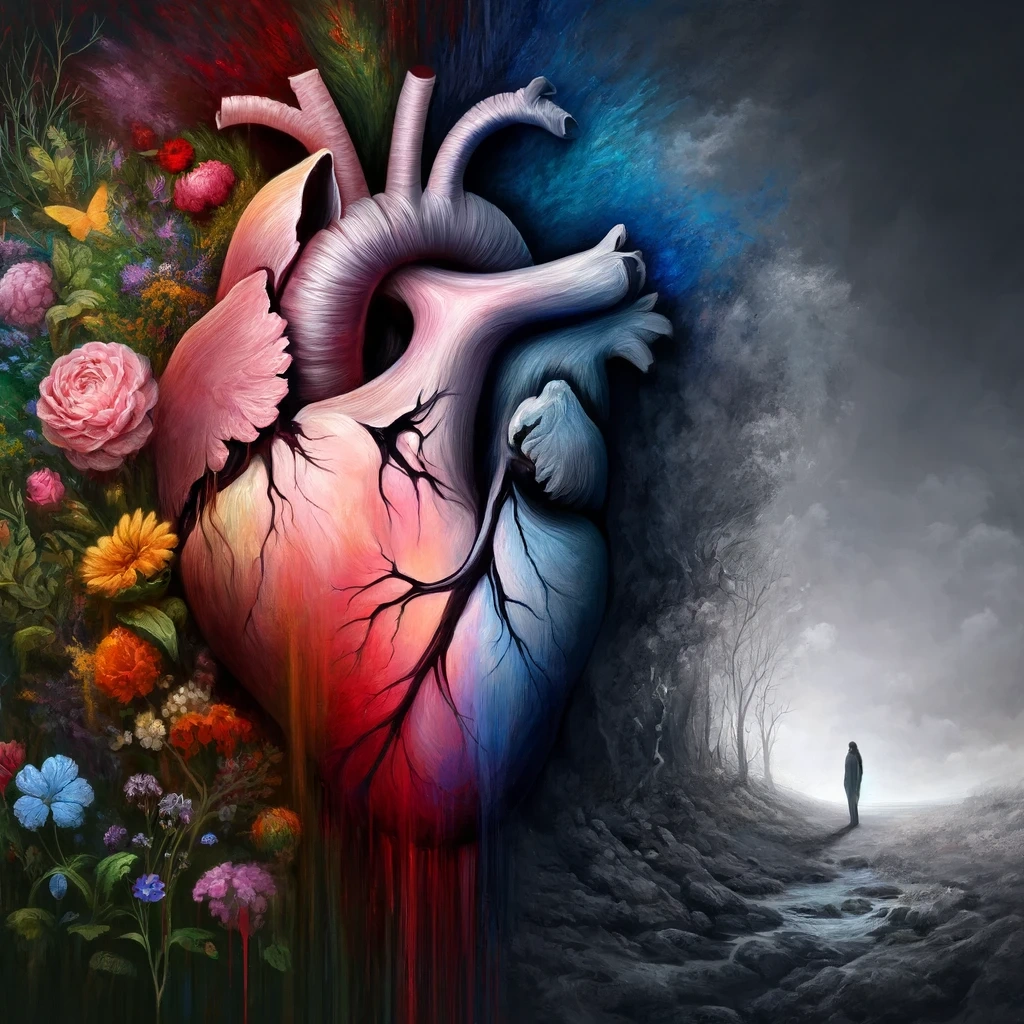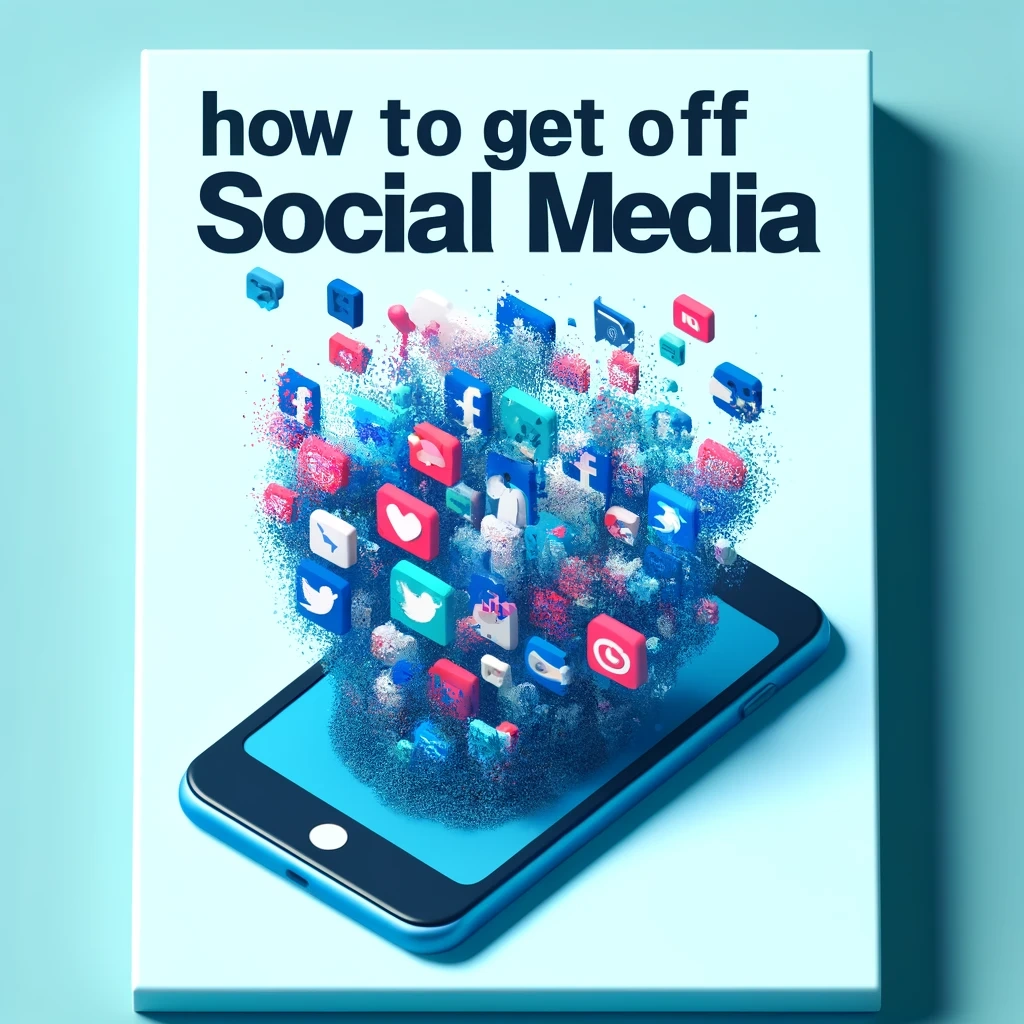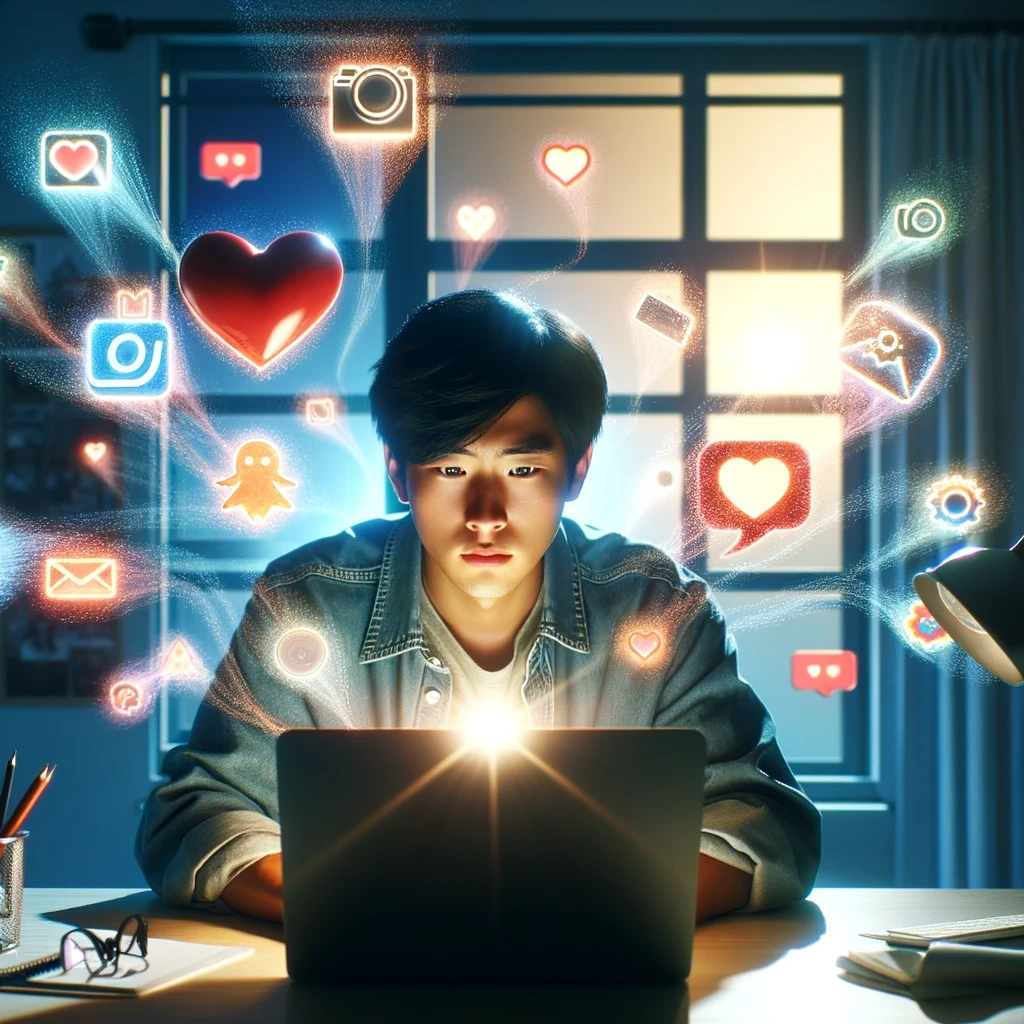Do you ever feel like the weight of the world descends on you as soon as the sun sets? I've been there, pacing my room, wrestling with overwhelming sadness night after night. But now, I've transformed my nights into the best part of my day, thanks to some practical strategies that have changed my life. It turns out, I'm not alone in my struggle; according to a study from the National Sleep Foundation, nearly one in five Americans report feeling more stressed at night. Let’s talk about turning those night-time woes into wonder.
Understanding why do we get depressed at night
In my journey through nighttime depression, I realized how crucial it was to Unplug from Social Media. At night, your mind should be unwinding, not winding up with alerts and feeds. Many ponder, "Should I Delete Social Media?" but it’s not just about deletion—it’s about control and moderation. This isn’t to say "Is Deleting Social Media a Sign of Depression?"; rather, it's recognizing what triggers your stress and managing it effectively. Limiting my own social media use at night helped me focus on positive routines, enhancing my overall mental wellness.
Practical Strategies to Combat Night Depression
In my own journey to manage nighttime depression, I found that reducing social media exposure was crucial. On particularly tough nights, I opted to How to Deactivate Instagram for a week, allowing me a breather from the constant influx of information. On other occasions, I chose to Deactivate LinkedIn, disconnecting from professional pressures that weighed heavily after hours. For less drastic measures, I learned How to Disable Instagram notifications, ensuring my evenings were dedicated to unwinding and positivity, rather than scrolling through endless feeds. These steps, while simple, significantly improved my nighttime tranquility.
House-Made Hacks to Solve Night Depression
When managing nighttime depression, sometimes the professional advice to disconnect from digital triggers is crucial. Personally, taking practical steps like how to block apps on iPhone helped me create a healthier evening routine. It was empowering to learn how to block Instagram on iPhone; it reduced the barrage of stressful content that heightened my anxiety. Similarly, figuring out how to block Twitter on iPhone allowed me to silence the noise and focus on calming my mind before sleep. These deliberate actions complement therapy and medication by reducing potential stressors that can disrupt emotional balance at night.
How BeTimeful Can Cure night time depression
Using BeTimeful has personally helped me manage the depression that creeps up at night. By hiding news feed or depressing part of social media, it allows me to stay connected without the usual triggers that can exacerbate feelings of depression. The app's timed break feature is particularly useful; it provides a moment to step back and assess if I'm truly ready for more screen time or if I should call it a night. It’s a simple, effective tool that helps me end my day on a positive note, keeping my online interactions healthy and my nights peaceful.
Conclusion of Depression at Night Time
Embracing a mindful approach to technology doesn't mean disconnecting from the world—it's about choosing to engage with it more meaningfully. I've found personal solace in a study from the journal Computers in Human Behavior, which reveals that limiting social media use to just 30 minutes a day can markedly improve one's mental health, enhancing feelings of social support while reducing depression and loneliness.
Using BeTimeful has transformed these findings into a daily reality for me. Every minute away from aimless scrolling is a minute reclaimed for richer, more present experiences. Let BeTimeful guide you too in making each moment count towards personal growth and deeper connections.

